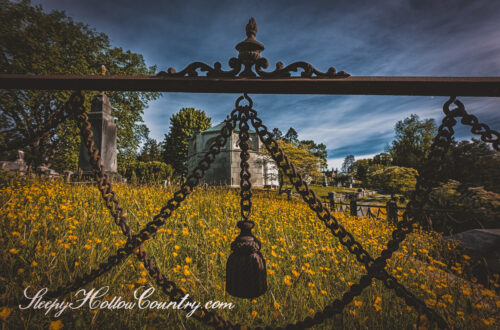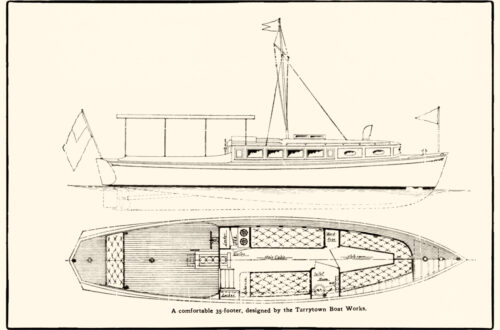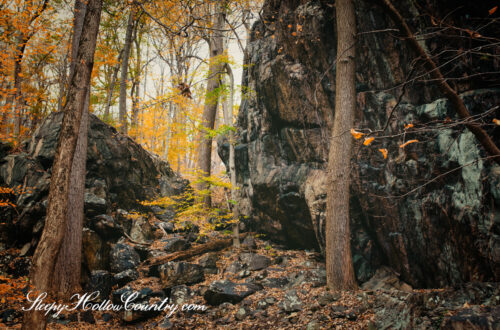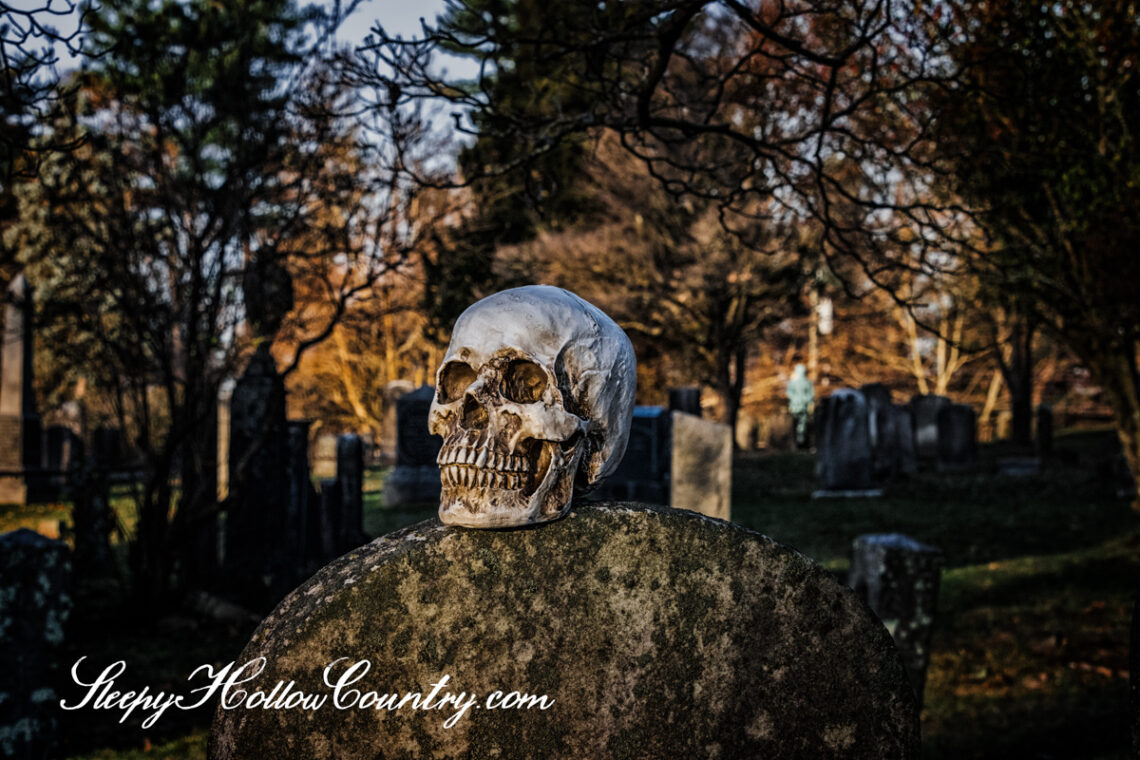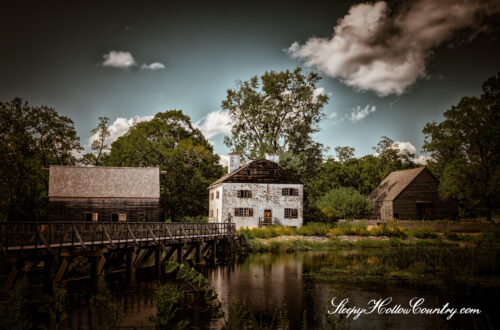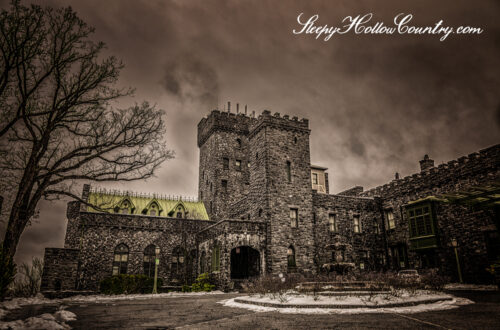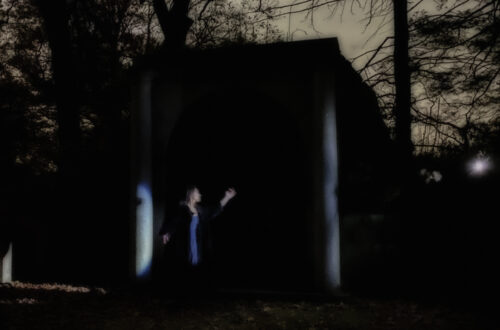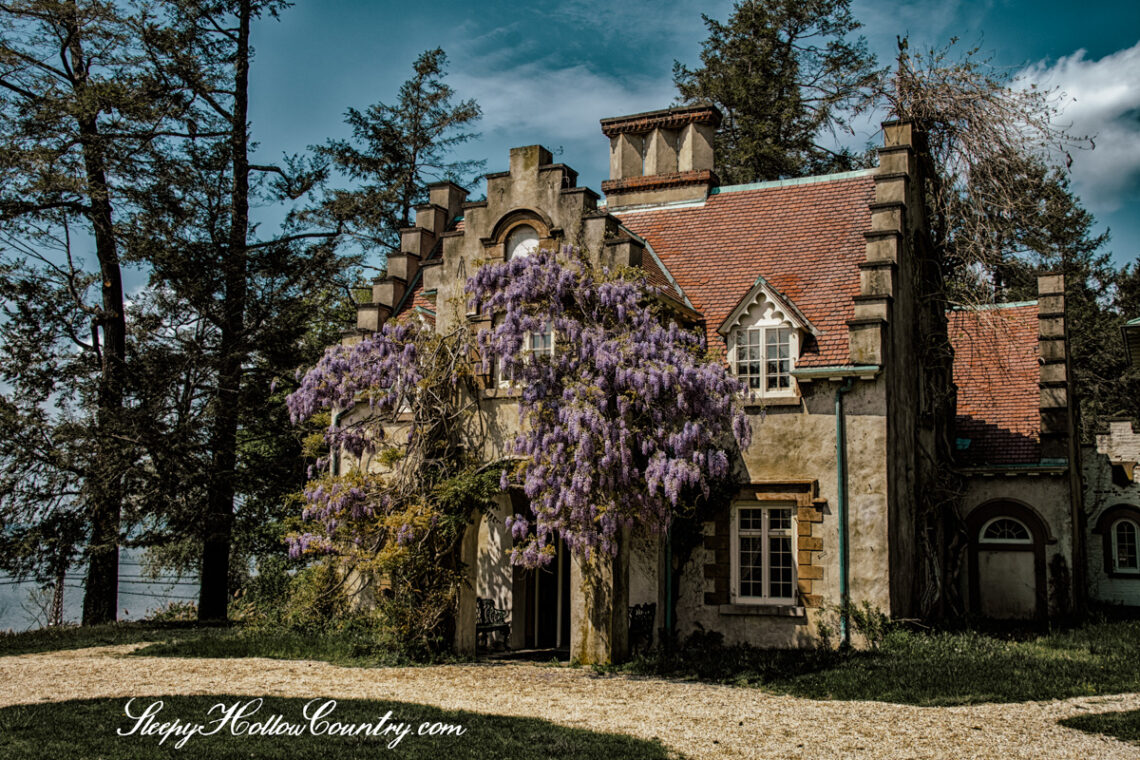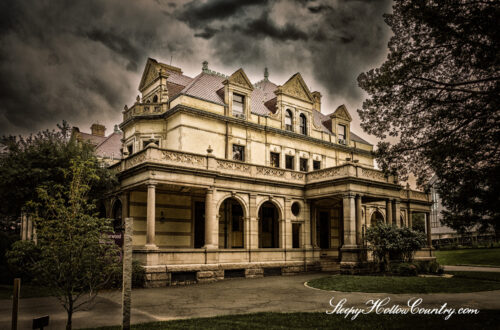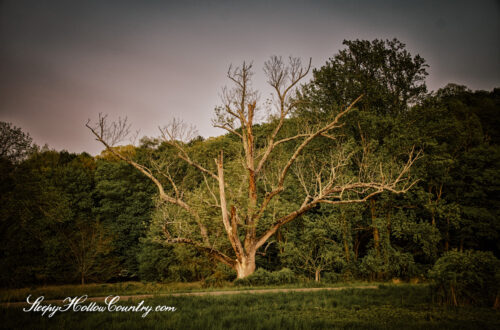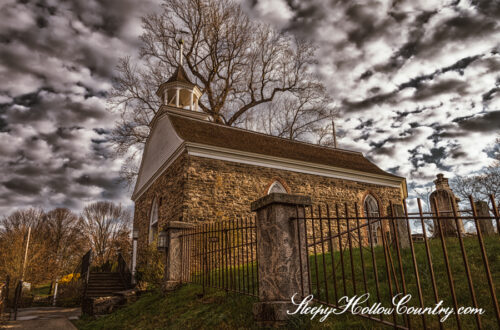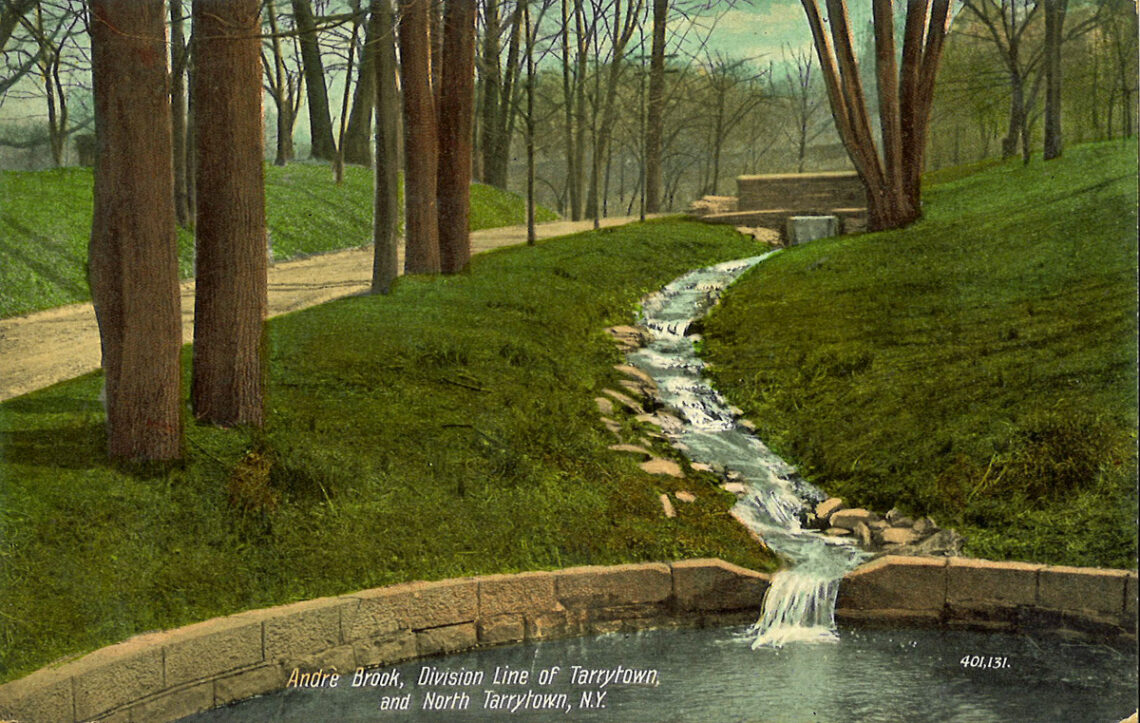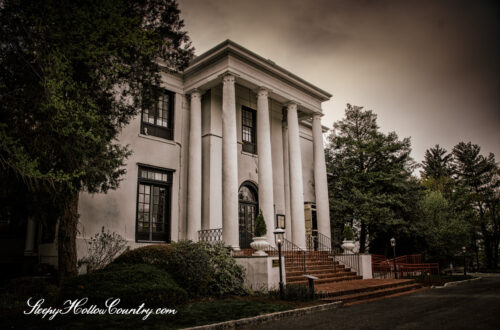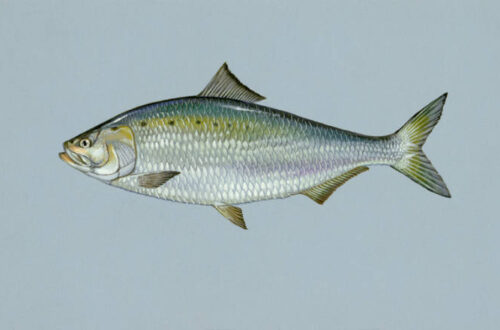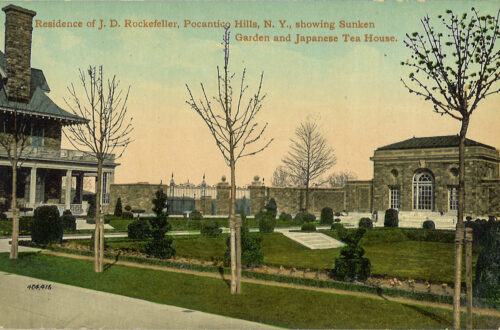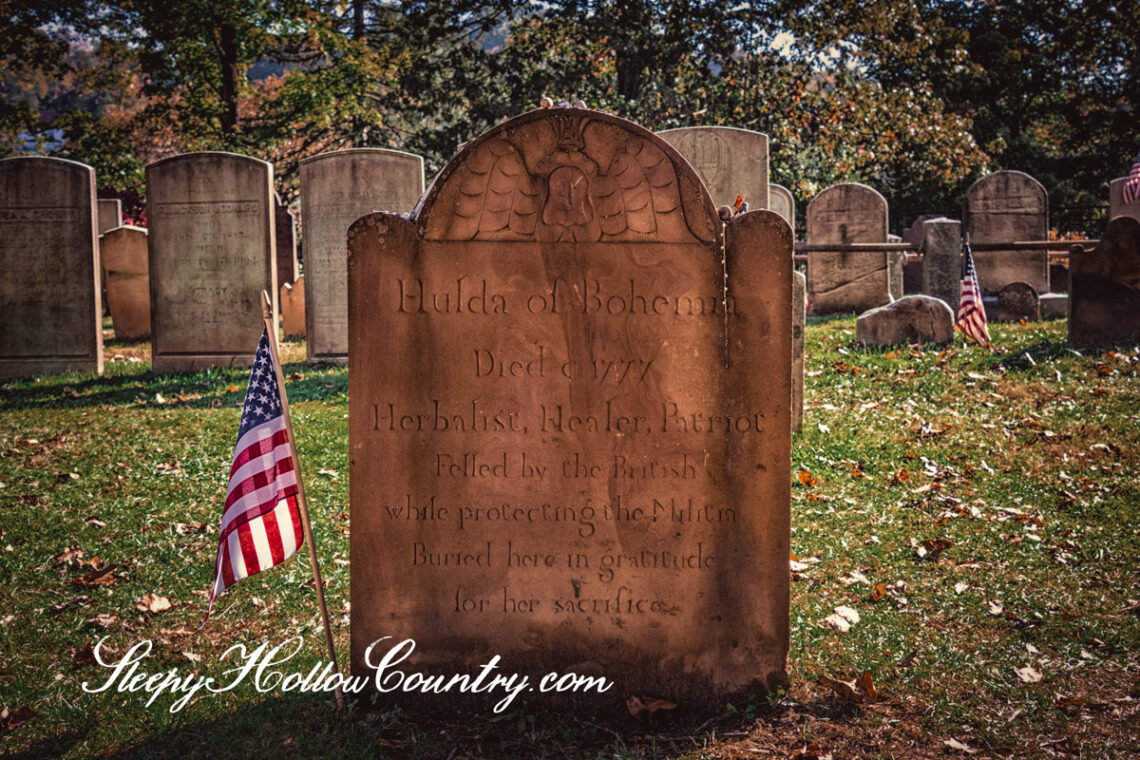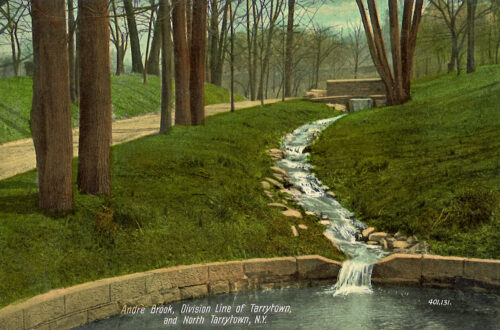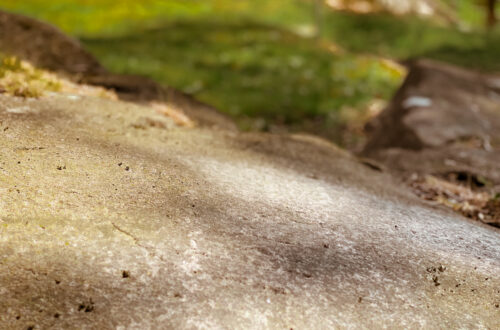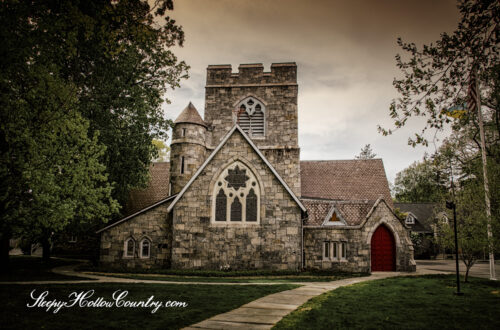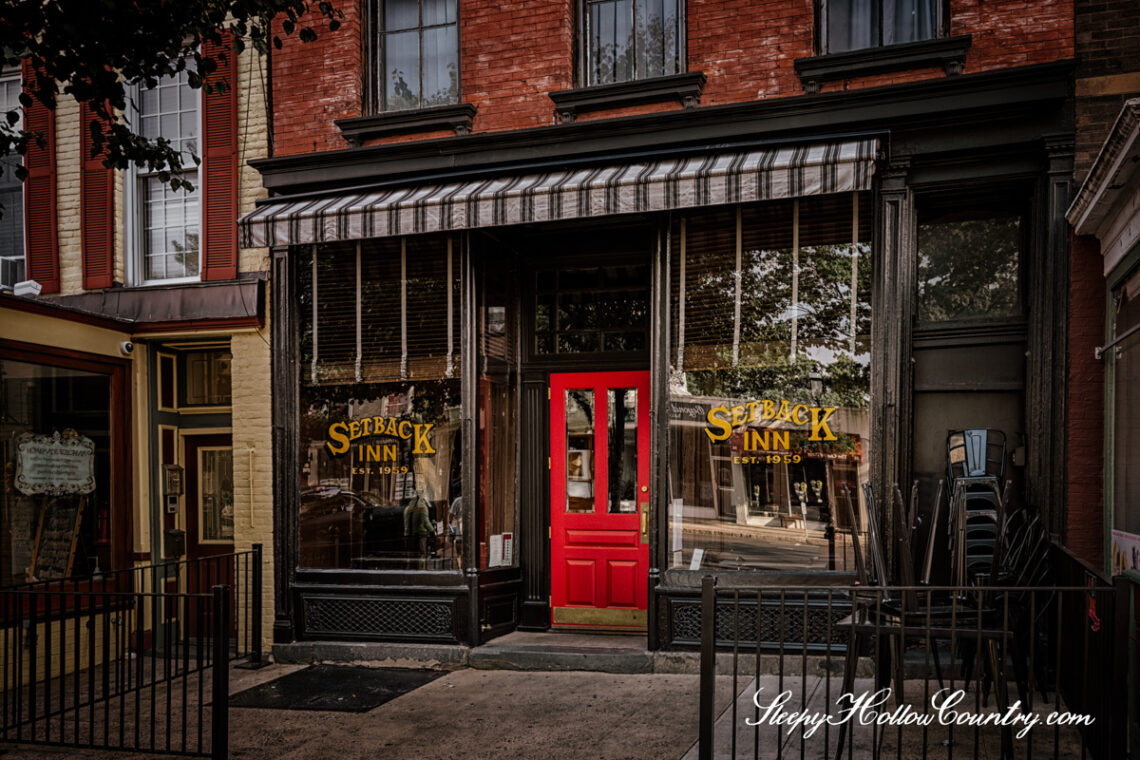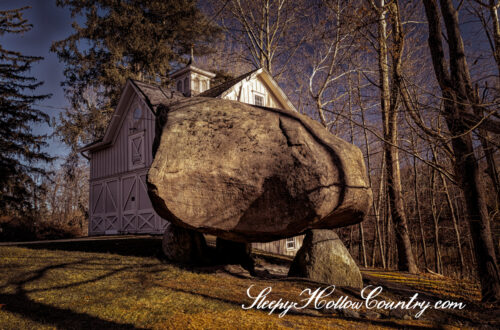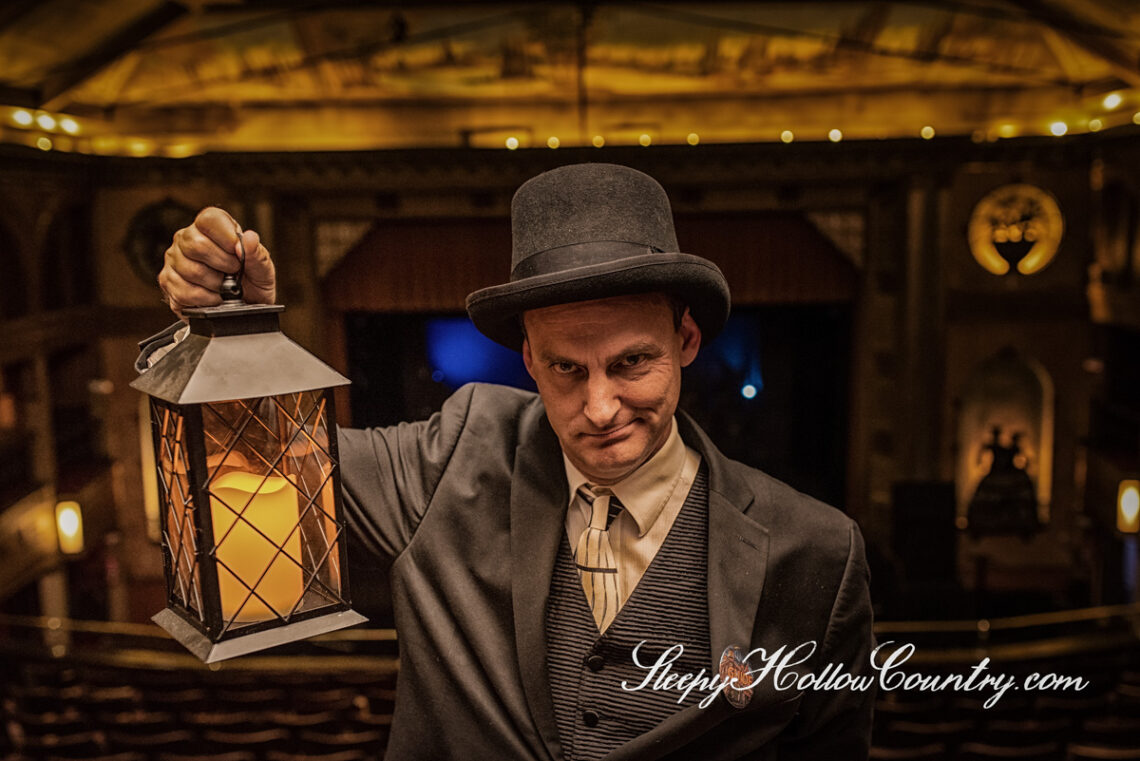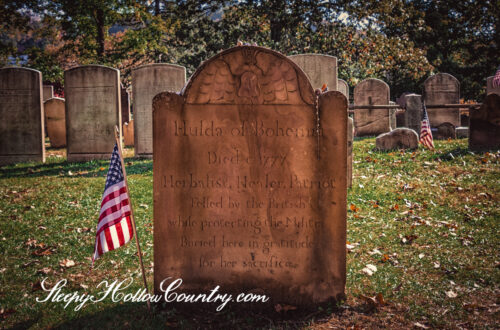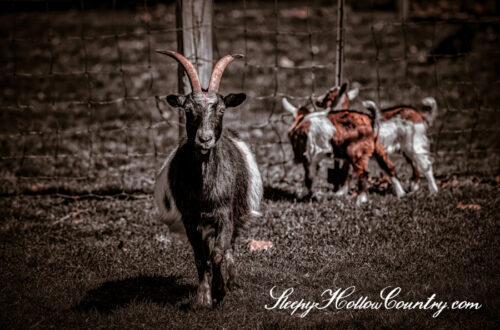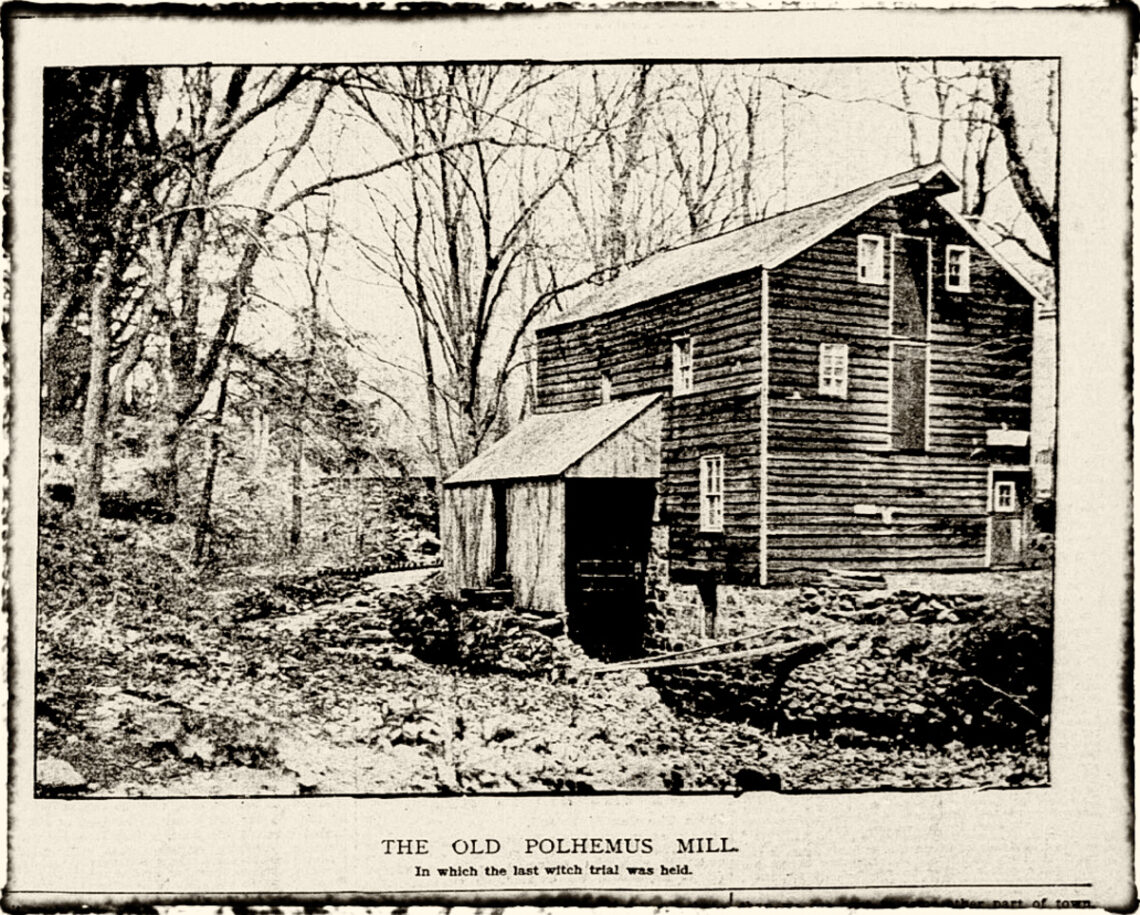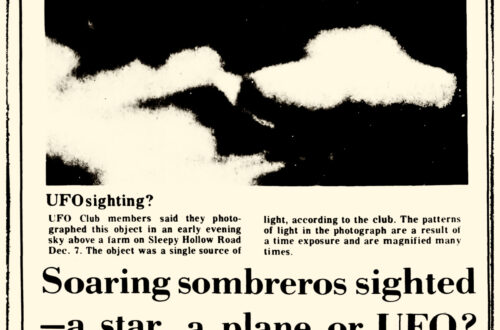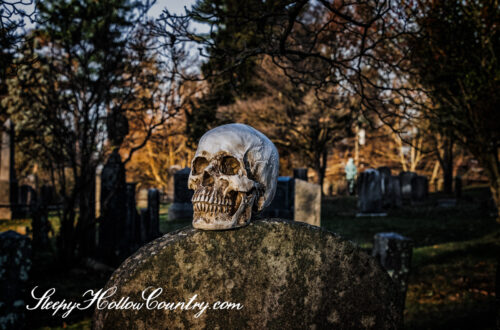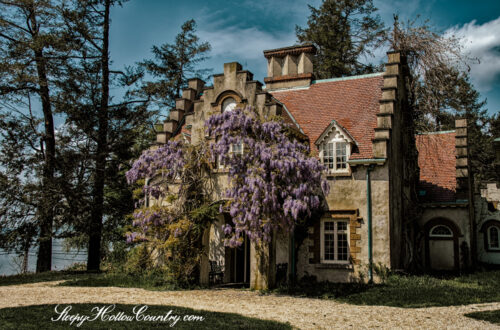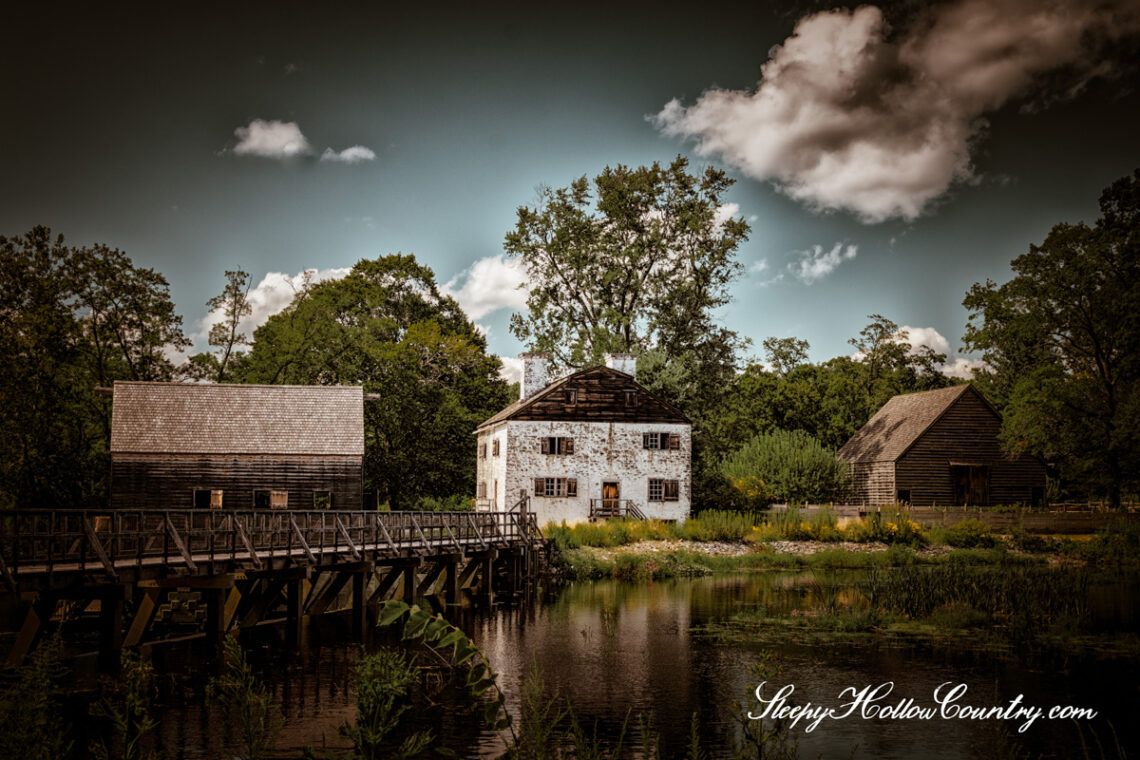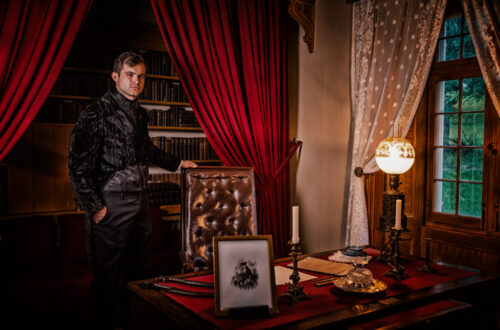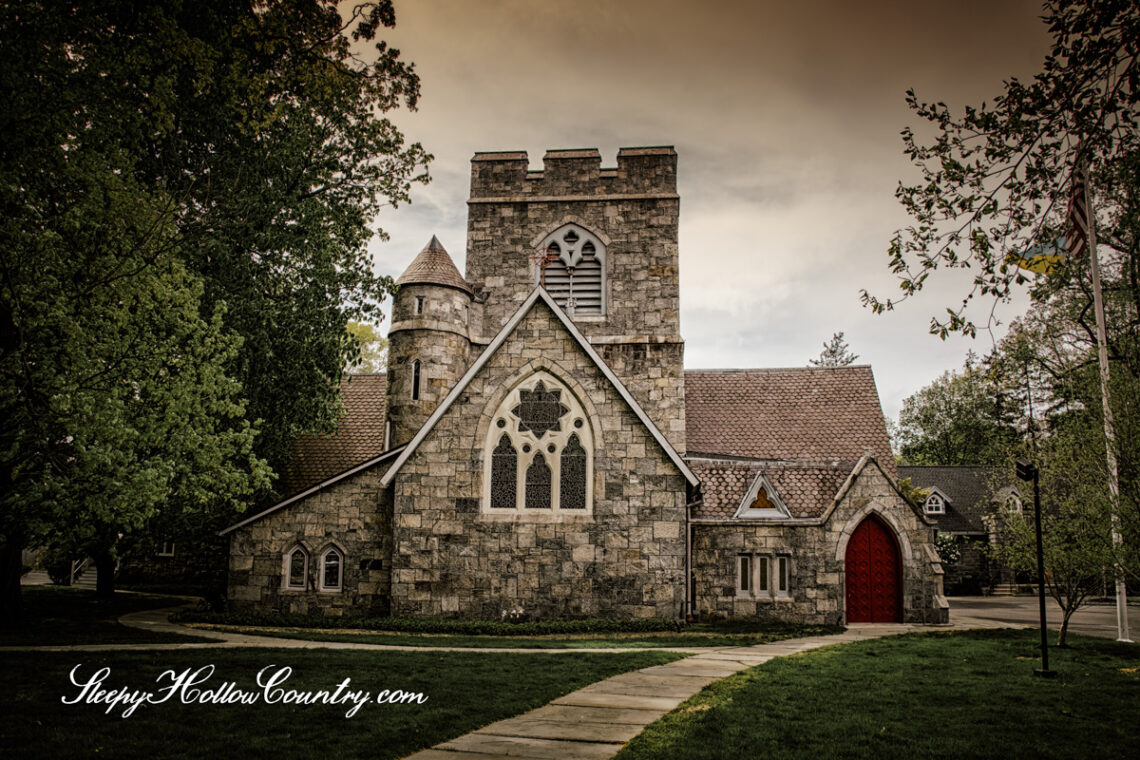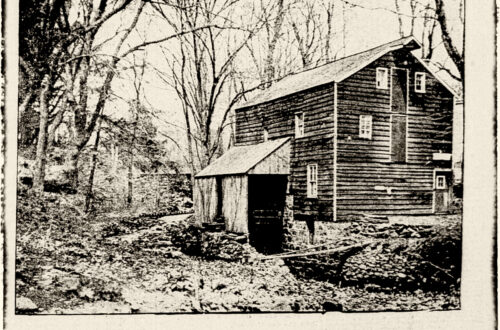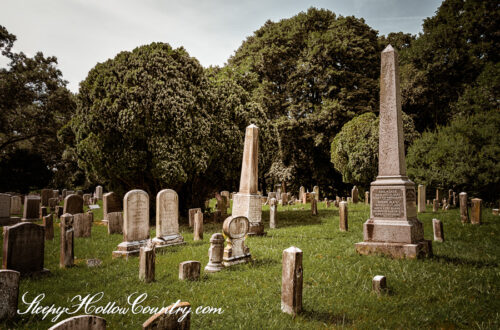-
Speed, Glory, and Tragedy: Sleepy Hollow’s Lost Bobsled Champions
While the origins of bobsledding are often contested between the Swiss Alps and upstate New York’s Adirondack mountains, compelling evidence points to the Hudson Valley as the sport’s birthplace. In Albany’s bustling lumber district along the Hudson River, rough-hewn lumberjacks transformed working sleds into racing machines during the 1880s. Newspaper reports confirm Albany held organized bobsled races at its winter carnival as early as 1885, predating Swiss competitions by two years. An 1882 exam for Albany eighth-graders even asked students to write about bobsledding, suggesting the sport was already part of local culture. The sport’s innovation was elegantly simple: some daredevil, understanding that more weight equaled more speed, linked two…
-
Ghoulish Jokester Robs a Grave
“Echoes of Ichabod Crane’s ghost stories in the Tarrytown cemetery led to the discovery early today that some one had removed a skull from a pauper grave and placed it on top of a tombstone in the conventionally gruesome manner.” -The Washington Times, May 25, 1929 One night in May 1929 a person passing through the hamlet of East View received quite a jolt at the sight of a human skull atop a tombstone in the county poorhouse cemetery. Not bothering to give his name, the individual reported to Town of Greenburgh police that a ghost was roaming the cemetery. Sergeant Dunkel investigated and found the skull placed on top…
-
The Man, The Myth, The Legend: Washington Irving. Part 1: A Venturesome Urchin!
The year was 1783. The day was April 3rd. The place was 131 William Street, Manhattan, New York. It was a surreal week for those residing in old Gotham. After eight arduous years of occupation in the city, the British had called a ceasefire, effectively ending the American Revolution. We were no longer the colonies, but the United States. A new republic! There was a collective sigh of relief from the former colonists. William Irving, Sr. was a Scottish merchant and former petty officer of the British Navy, and his Cornish wife, Sarah Sanders were two of those who were consoled by the end of the hostilities. Right after their…
-
Patriot’s Park
Located on the cusp of Tarrytown and Sleepy Hollow lies a rolling green space known today as Patriot’s Park. Named for being the famous location of the capture of John André by local patriot militiamen in 1780, the park boasts the capture monument and memorial, but also features other last vestiges of other pieces of local history and folklore. The earliest known historical act of significance where Patriot’s Park is located today is the capture of British Officer, John André as he was attempting to escape from behind enemy lines after helping infamous traitor Benedict Arnold. A large poplar tree supposedly marked the capture site, which was located about 200…
-
Hulda the Witch of Sleepy Hollow
“. . . in the days of our nation’s birth-throes he was a brave man who passed the cottage of the witch, even in the daytime. A hundred years ago the people took witches seriously.” –Chronicles of Tarrytown and Sleepy Hollow Hulda, the witch of Sleepy Hollow, has pulled off quite the magical makeover over the past decade, morphing from a barely-there fictional figure into a full-fledged local legend, complete with her very own headstone at the Old Dutch Church. Originally, Hulda’s tale was a mere seven-paragraph whisper in Edgar Mayhew Bacon’s 1897 book, Chronicles of Tarrytown and Sleepy Hollow, nestled comfortably in the “Myths and Legends” section. Bacon suggests…
-
Haunted Taverns of Sleepy Hollow Country
Alright, fellow ghouls and goblins, it’s time to raise a glass to the spirits—both the ghostly kind and the kind that come in a glass. Our exploration of the haunted taverns of Sleepy Hollow Country is your chance to sip and savor the best wines, ciders, and spirits the Hudson Valley has to offer. Think you’re brave? Join us as we uncover spirits who checked in but never left. Just remember: the Headless Horseman might not have a head, but you still need yours to enjoy all the spirits responsibly. When it comes to phantoms in these parts, Sleepy Hollow’s Headless Horseman is the undisputed big dog. But unfortunately he…
-
The Baychester Depot Ghost
Andrew J. Parker died “suddenly” at the age of 63 in September 1885 in the village of Pelham, NY. For most of his life, he worked as a chemist, and in Pelham, he had been the manager of the Neptune Powder Mill, a dynamite company. As an employee of a dynamite manufacturer, he lived much longer than anyone of that time would have figured; as it was a volatile and dangerous trade. But he was lucky to have survived and retired to spend time with his family. News reports at the time never explained exactly how Parker died, but not being blown to pieces was perhaps the most unexpected part…
-
The Witch of West Nyack
“This neighborhood has the doubtful honor of having been the scene of the last trial for witchcraft held in New York State, possibly the last among a so-called civilized people.” -The History of Rockland County, by Frank Bertangue Green Think of witches and Salem, Massachusetts comes to mind. But Sleepy Hollow Country has its own including Hulda the Witch of Sleepy Hollow and Jane Kanniff, the alleged witch of West Nyack. In the hamlet of West Nyack, six miles from Sleepy Hollow as the raven flies, is a historic marker at the site of the last witch trial in New York State. Some versions of her story use the name…
-
Philipsburg Manor
Drive North on Route 9 out of Sleepy Hollow and you’ll suddenly find yourself amidst trappings of a bygone era. An iconic white-washed stone building rests adjacent to a large and placid mill pond. Additional buildings, such as a mill and a barn linger nearby, framed by large picturesque trees. Squint and you might think you took a wrong turn and ended up in the wrong century. This is the remaining vestige of the early-18th century in Sleepy Hollow Country: Philipsburg Manor. The Lord of Philipsburg Manor In the 1680s, dutch immigrant, Frederick Philipse I had amassed nearly 52,000 acres of land on the eastern side of the Hudson River,…
-
Ghosts of St. Barnabas Church
“Most longtime parishioners at Irvington’s Church of St. Barnabas cheerfully accept the idea that there are ghosts that haunt the venerable Episcopal Church and its Rectory.” –The Hudson Independent, October 2, 2011. St. Barnabas Church in Irvington, New York, an Episcopal congregation, traces its history to the mid-1850s when The Reverend John McVickar purchased a 30-acre property north of Main Street for a summer residence. This was in part due to his friendship with author Washington Irving whose own home, Sunnyside, was less than a mile away. Around 1852 McVickar set about improving his property and the spiritual well-being of the community by launching the construction of a chapel and…

